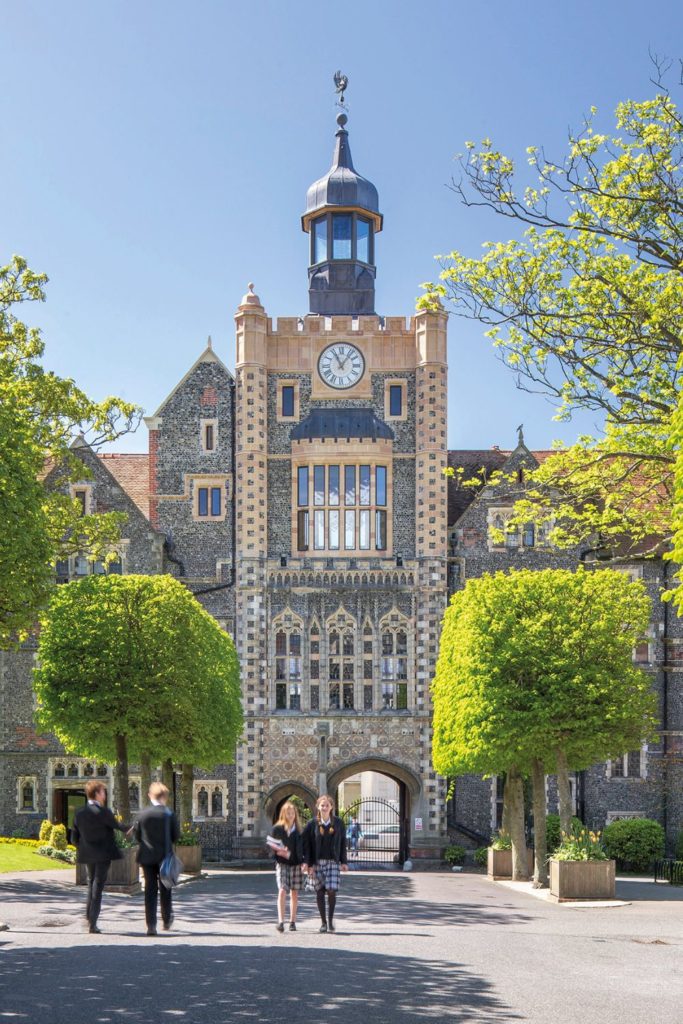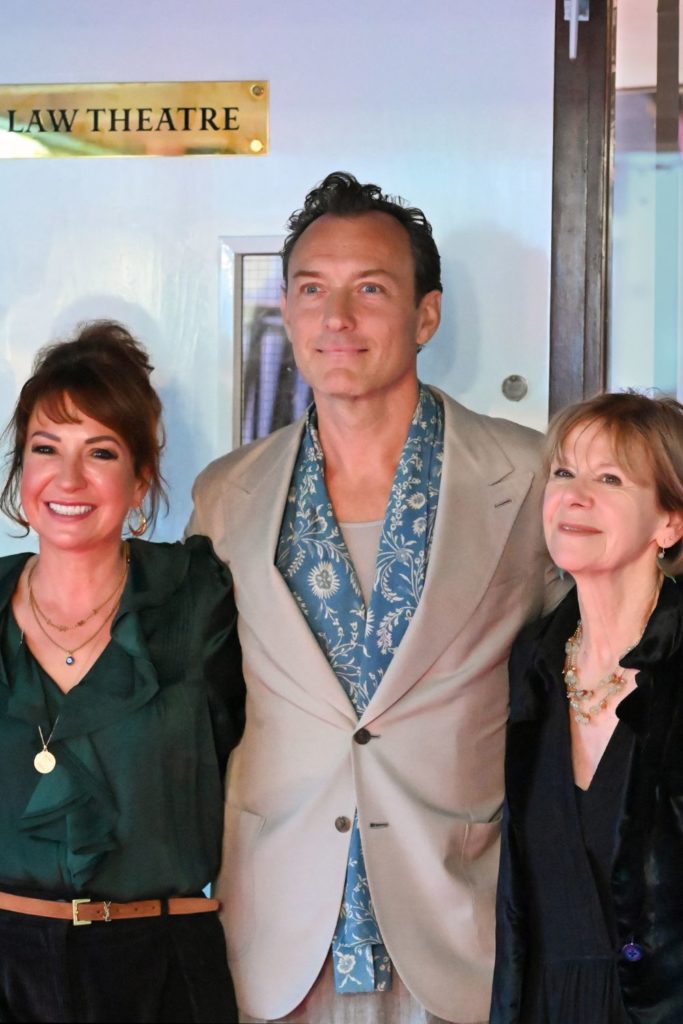Reflecting on the Legacy of the Duke of Edinburgh
By
5 years ago
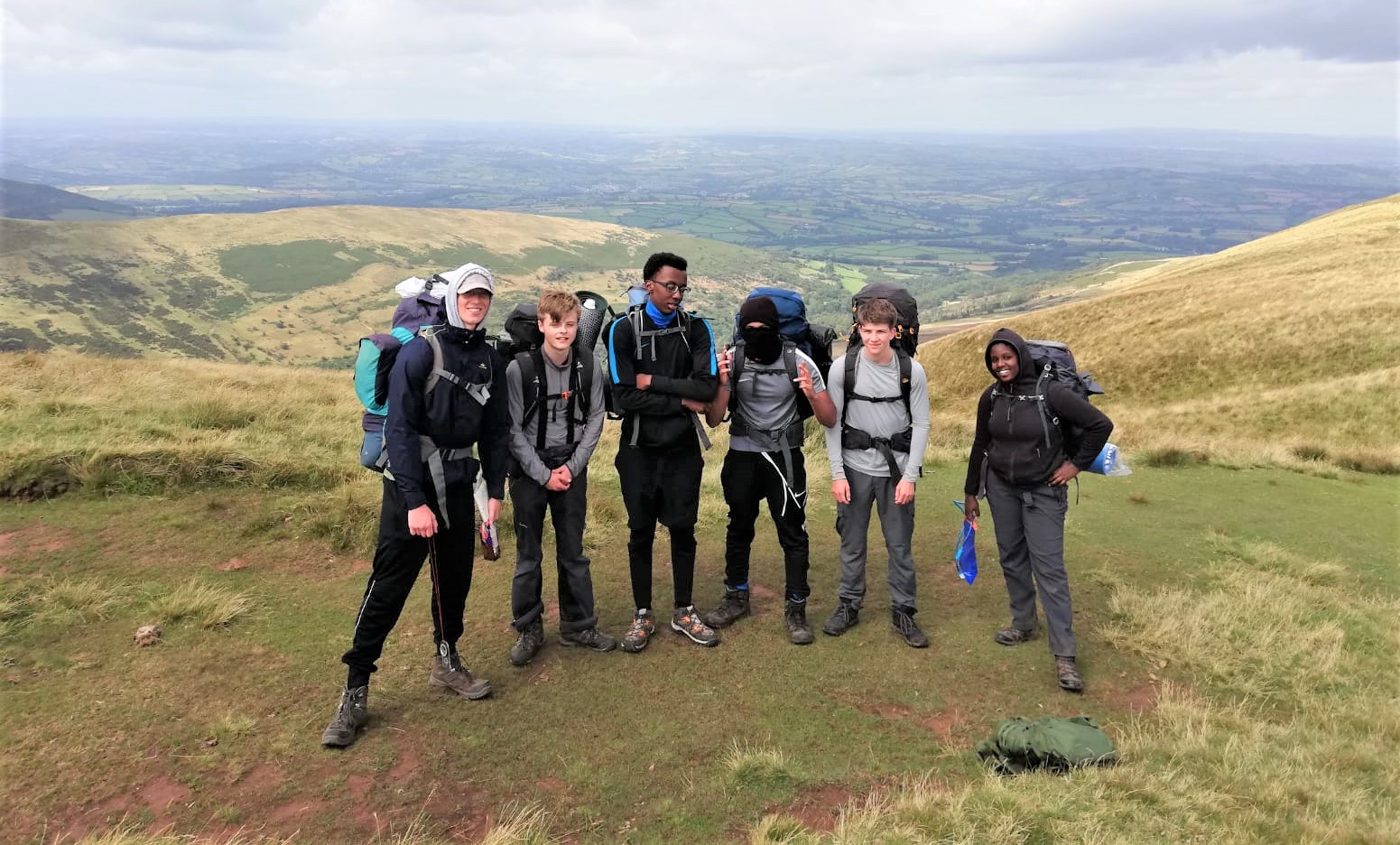
Daniel Gower, Assistant Head – Co-Curriculum and Staff Development at St Dunstan’s College reflects on the incredible legacy of the late Duke of Edinburgh
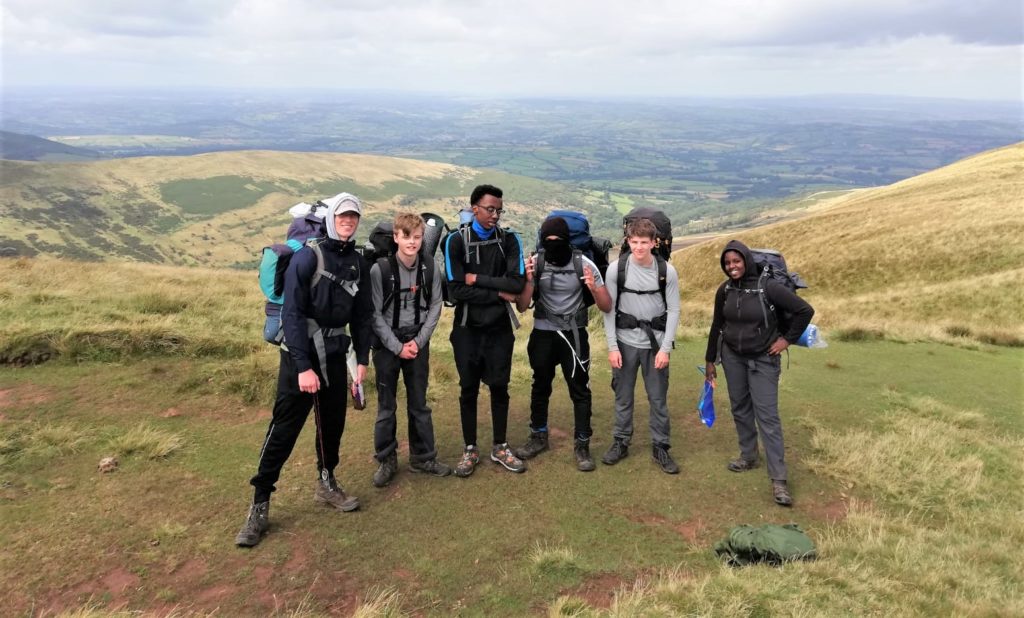
I was surveying over 100 tired young faces in the grey, October morning drizzle when the true value of the Duke of Edinburgh Award dawned on me.
In the middle of the previous night, the group had been talking and laughing loudly, running between tents, understandably excited to be away from parents and looking forward to the expedition ahead. Anybody that had been hoping to drift off to sleep, doomed to listen.
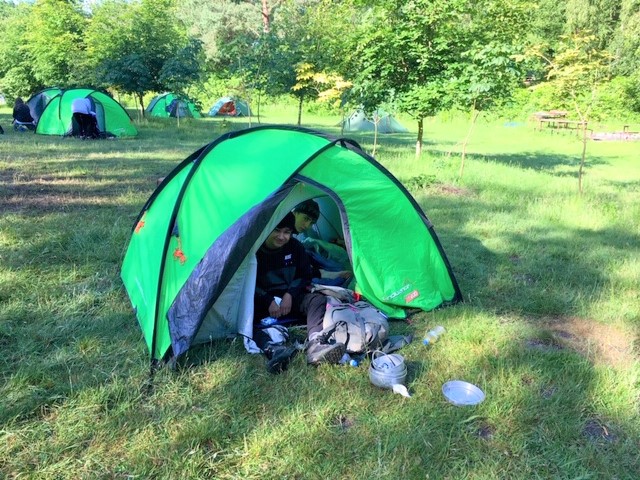
That morning, surrounded by the damp greenery of Kent, we engaged in a debate about the importance of being mindful of our neighbours. An opportunity for self-reflection and personal growth, afforded by the unique environment that the Duke of Edinburgh creates. We all remain members of communities and have a responsibility to be considerate and socially aware, as well as enthusiastic participants and leaders.
This memory and so many others like it, reminds me of why those who have journeyed through the Award remember it with such loyalty and high regard; those unforeseen, magic moments that the DofE brings about, when young people suddenly see something differently. As teachers, this is what drives our own loyalty to its tenets as well. Alas, all too often our increasingly narrow sense of schooling in this country focuses on structured learning and examination results, overlooking these vital opportunities outside of the classroom for resilience, self-learning, and discovery through having a go, making mistakes, unplanned discussion with peers away from teachers, and finding the right way forward together as a group.
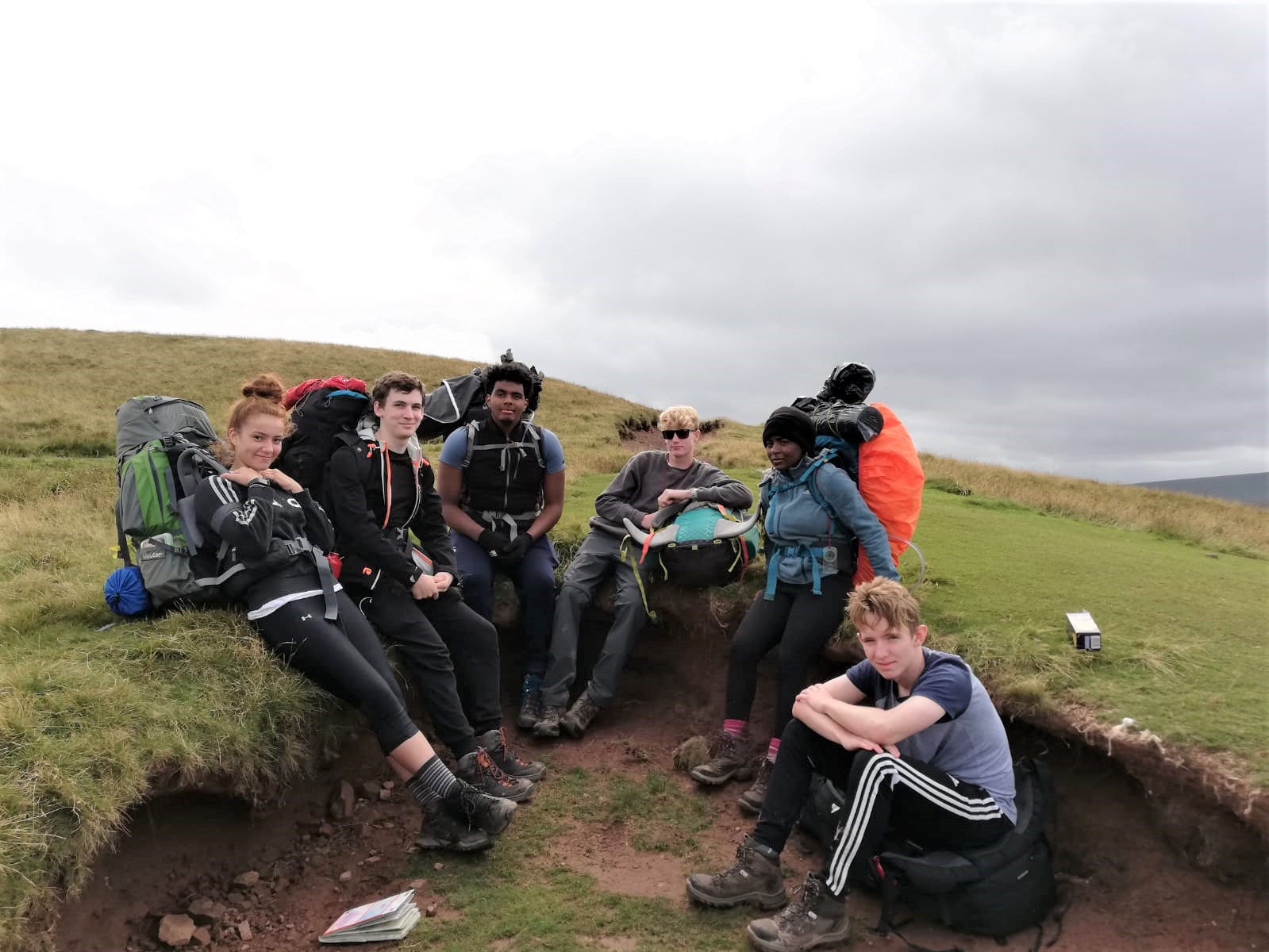
The Award is perhaps best known for its expeditions, which see young people walking, sailing, kayaking or cycling in groups through the British countryside. Mobile phones are surrendered on arrival, and the fog of screen time is replaced by conversation and a rising awareness of the beauty that surrounds us. Teams are often organised outside of normal social groups so that young people learn to work with different personalities, and the countryside becomes the great teacher as students learn the value of preparation, with poor equipment choices or clumsy route planning resulting in consequences that provide valuable learning. The less said about teachers falling into the same traps the better!
Our students also make a commitment to three other sections; Volunteering, Skills and Physical. Having worked through each of these sections with young people for many years, what resonates is the fact that these experiences are often only the beginning of each young person’s journey, as a new DofE mindset emerges! The sense of fulfilment gained from volunteering becomes addictive. Physical activity becomes an established part of daily routines, and confidence develops through having had the courage to take on, commit to and master the unfamiliar. What starts as a year-long commitment quickly becomes a healthy, sustained habit, which is a key part of the scheme’s foundational philosophy and rationale.
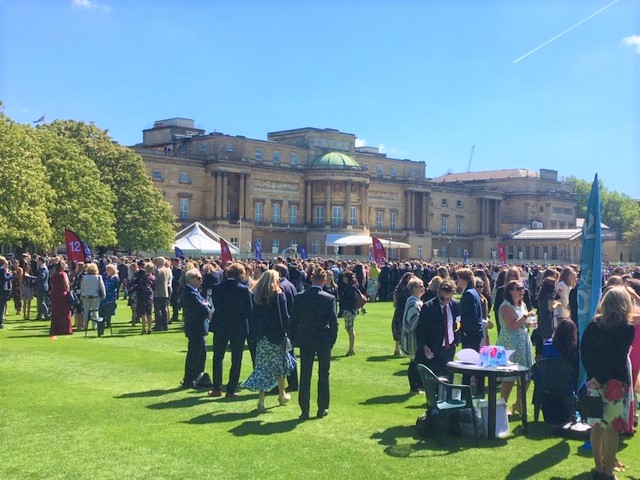
As I reflect on the many experiences I have been afforded, with the huge number of students from St Dunstan’s who have journeyed through the Award, I can’t help but think Prince Philip would be proud of each and every participant in his pioneering scheme; now a rite of passage for countless young people around the world. It was unsurprising that the Duke of Edinburgh made every effort to attend the Award ceremonies in person, to converse warmly with those receiving their Gold Awards, in particular encouraging them to reflect on their experiences, good and bad!
At St Dunstan’s, we are proud to share in the legacy that Prince Philip created. An enduring reminder to view education in its broadest possible sense, to ignite a life-time of personal development and a journey of joyful discovery.

